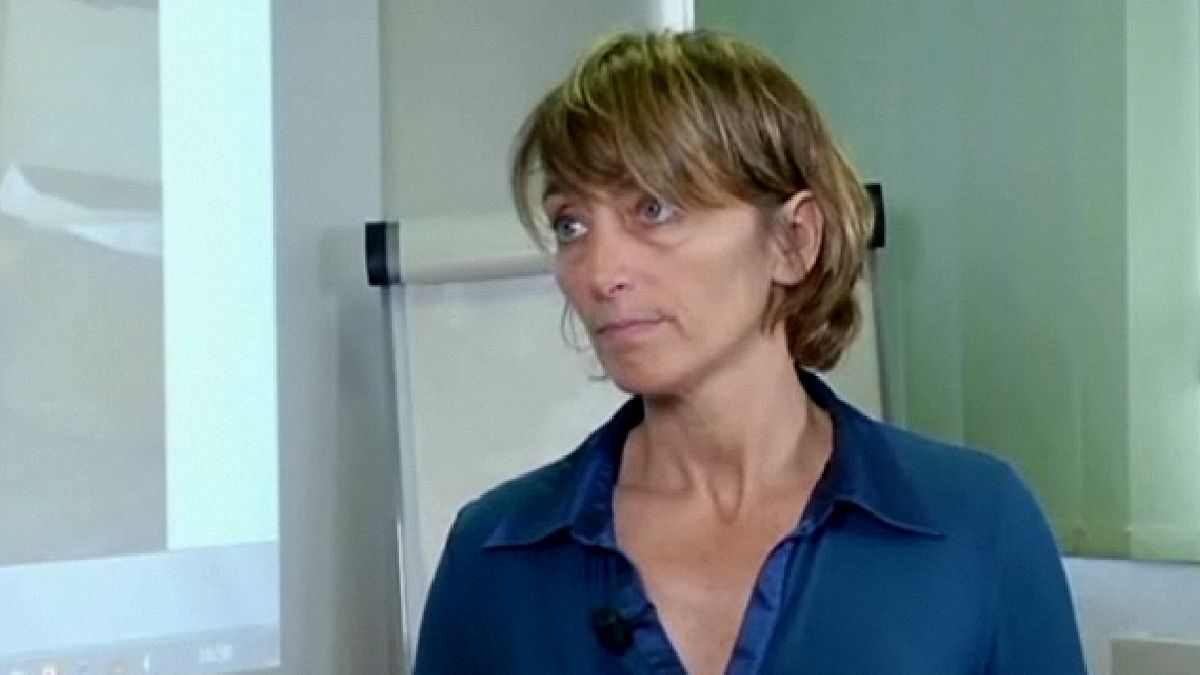It could not be further removed from the streets of Toulouse.
It was on the border between Afghanistan and Pakistan that Mohamed Merah trained in terrorism.
As a leading expert told euronews, he is not the only one to have made the trip from Europe.
EU Counter-Terrorism Coordinator Gilles de Kerchove estimates several hundred youths from the bloc have been to Afghan-Pakistani tribal zones.
For Western counter-terrorism agencies there is another more insidious threat – online propaganda glorifying hatred and extremism.
“The Internet is an incubator of radicalisation,” de Kerchove said. “What is common to terrorists is dehumanising their victims, so they no longer feel the consequences of their actions. Giving them back a voice and returning victims to the forefront, showing the abominable consequences of terrorist actions, in a way, helps remove the ‘glamour’ from the terrorist act and in that way it is concrete counter-narrative policies that need to be developed.”
France is now reinforcing the fight against extremist indoctrination, online or otherwise, more aware than ever of the danger it presents.
Toulouse: psychological harm
In measuring the psychological impact of traumatic experiences, proximity to an event, or to people who suffered, is a major factor.
The murders of four people at a school in Toulouse, and three at a barracks, are therefore expected to affect those in the immediate vicinity the most.
But not only.
euronews spoke with psychologist Helene Romano about possible wider repercussions.
Giovanni Magi euronews asked: “What psychological consequences could this have for everyone? First the terrorist acts, children being murdered, then relief, that the person responsible was identified, then the long negotiations…”
Hélène Romano said: “The very strong impact is due to several things: it happened at a school, children were killed. Then there’s the face of the killer – I’ll use a generalist word here – he looked ‘normal’, where we’d want him to look like a monster. This can be very destabilising, very wounding, because it’s not reassuring at all. So the impact can be one of insecurity for the individual. This is why the reactions of the grownups are so important to make the children feel safe again.”
euronews: “From the point of view of communities, in this case the Jewish and Muslim communities, what psychological interplay is involved in these cases?”
Romano: “It can lead to people feeling like very persecuted victims, along the lines of, ‘we were killed because we’re Jews!’ Or: ‘we were killed because we’re Muslim!’ There are various confusions. We feel like taking positions. It doesn’t allow much of a margin for trust in the other. Communities hardening feelings that they are being persecuted can make difficulties worse. Here’s an example: the minute of silence observed in schools. There were some very aggressive reactions in some state schools where most of the students are Muslims, because it was a minute of silence related to what had happened in a Jewish school. Aggression can be created when either side feels attacked by the other. Political leaders play an essential role in trying to contain these difficulties, and not making them bigger.”
euronews: “With the media showing events like this so much, is there a risk of imitation by other deranged people?”
Romano: “It can be a risk. The biggest risk is it was all so rushed. We saw it on live television. We weren’t actually in the apartment, but we were watching live. That short circuits everything. There is an almost excessive dramatisation. Take what happened in Toulouse: we had the details about how the little girl was killed. That’s so dramatic. People don’t need that – the details of how she was killed. But we also saw journalists caught up in the emotion. It’s too much. We don’t have the time to think. The subject needs time to take in, to comprehend. Here, it’s very, very hasty.”
